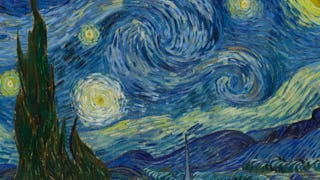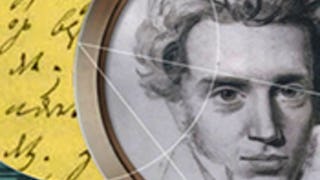This course examines how the idea of "the modern" develops at the end of the 18th century in European philosophy and literature, and how being modern (or progressive, or hip) became one of the crucial criteria for understanding and evaluating cultural change. Are we still in modernity, or have we moved beyond the modern to the postmodern?



The Modern and the Postmodern (Part 2)

Instructor: Michael S. Roth
Access provided by Coursera for Reliance Family
45,034 already enrolled
(366 reviews)
Skills you'll gain
Details to know

Add to your LinkedIn profile
See how employees at top companies are mastering in-demand skills

There are 10 modules in this course
What's included
2 readings
With a focus on Civilization and its Discontents, we examine how Freud’s theories tried to expose profound instincts as they appeared in daily life.
What's included
4 videos1 reading
A reading of Virginia Woolf’s modernist novel To the Lighthouse shows how giving up the search for the “really real” can liberate one to attend to the everyday.
What's included
4 videos1 reading1 peer review
We go back to Ralph Waldo Emerson and forward to Ludwig Wittgenstein to consider how forms of life and language games need to foundation to be compelling.
What's included
4 videos1 reading1 peer review
Through a consideration of Max Horkheimer & Theodor Adorno along with Michel Foucault, we confront the philosophical effort to escape from totality in order to understand the politics of control.
What's included
4 videos1 reading1 peer review
A very brief consideration of how artists are responding to the loss of foundations to produce work that redefines art.
What's included
2 videos
We examine short pieces by Judith Butler and Slavjo Zizek to understand how identities get formed (and performed) in a world without foundations.
What's included
4 videos1 reading1 peer review
Review of all the thinkers we have studied in Parts I and II of the class, along with some complementary material.
What's included
4 videos
After postmodern playfulness, or alongside it, we see the resurgence of the pragmatic impulse to return philosophy to real human problems.
What's included
3 videos1 reading1 peer review
What's included
1 peer review
Instructor

Offered by
Why people choose Coursera for their career




Learner reviews
366 reviews
- 5 stars
83.06%
- 4 stars
12.56%
- 3 stars
2.73%
- 2 stars
0.54%
- 1 star
1.09%
Showing 3 of 366
Reviewed on Jun 13, 2021
This is a great philosophy course because you get written assignments, which is necessary in any philosophy course in my opinion.
Reviewed on Sep 30, 2015
THE most interesting lecturer I have found in recent times. Wonderfully enlightening approach to the subjec. Thank you
Reviewed on Aug 5, 2020
really enjoyed the course. When are they going to d a course on late existentialist thinkers? Some of the readings were unavailable.
Explore more from Arts and Humanities

Wesleyan University

The Museum of Modern Art

The Museum of Modern Art

University of Copenhagen
¹ Some assignments in this course are AI-graded. For these assignments, your data will be used in accordance with Coursera's Privacy Notice.

